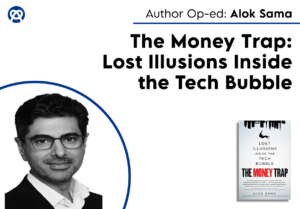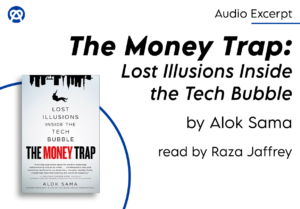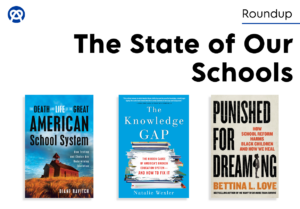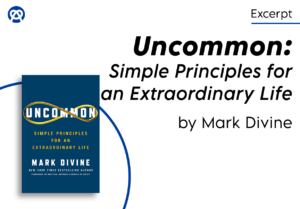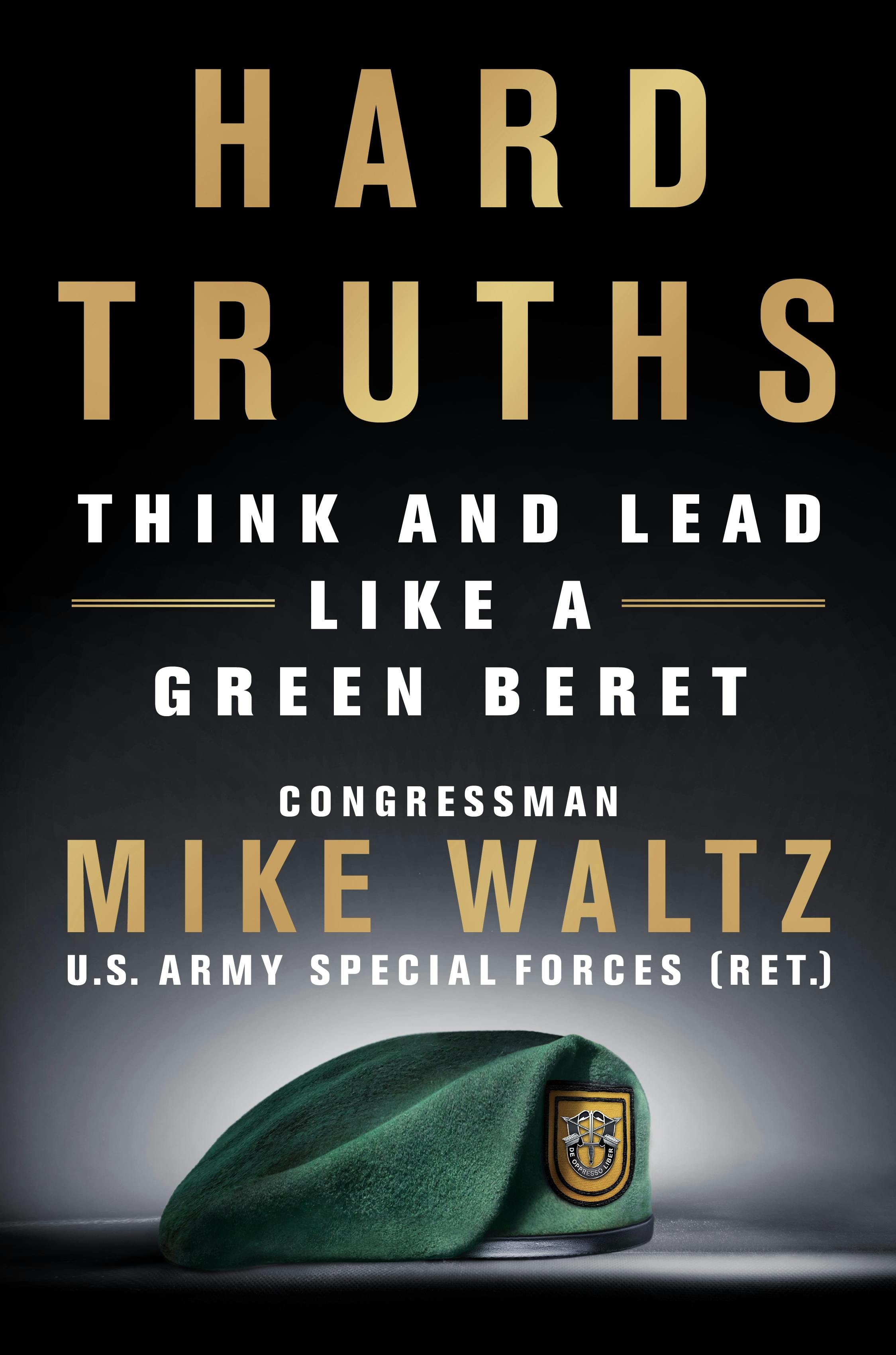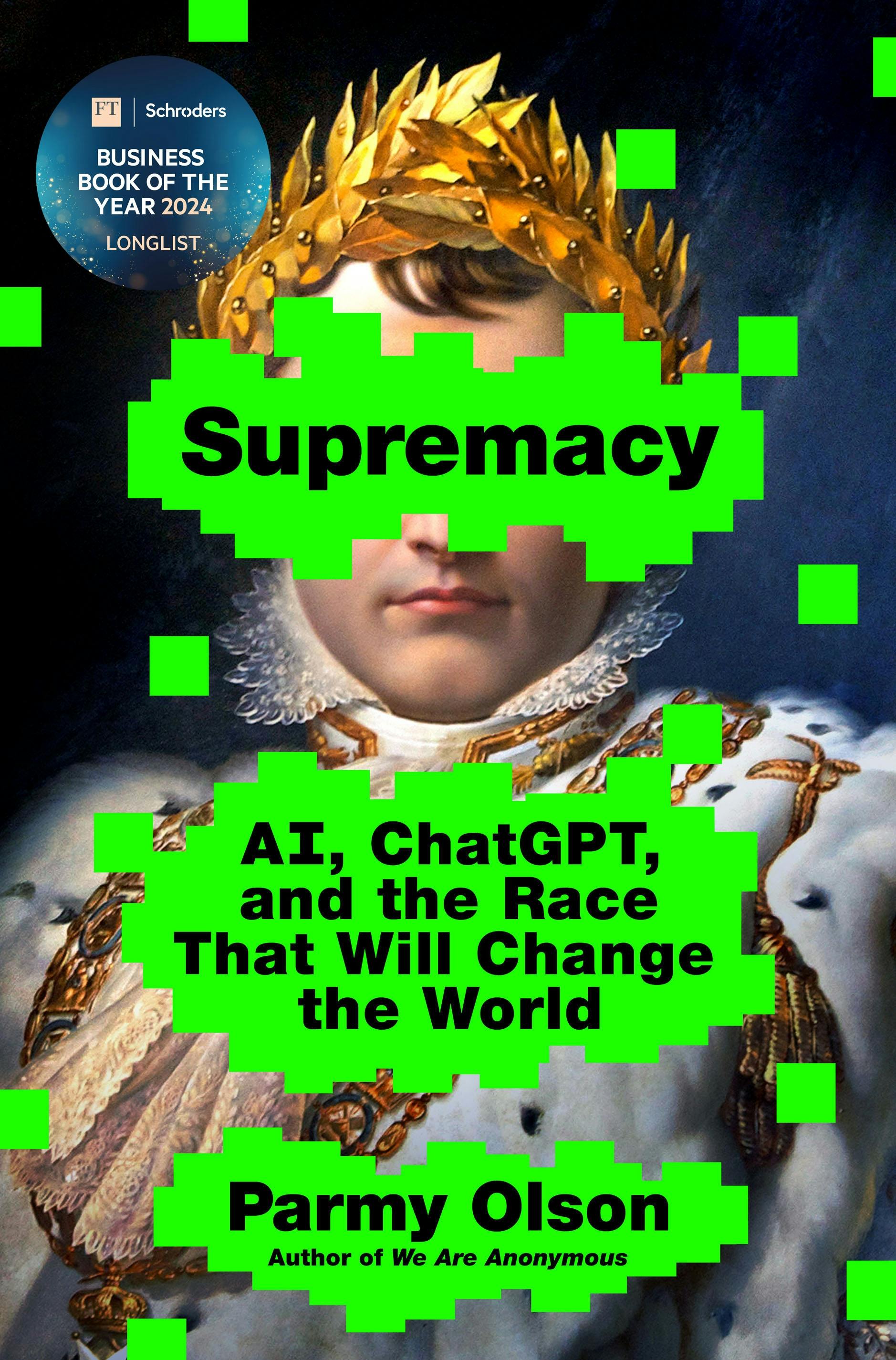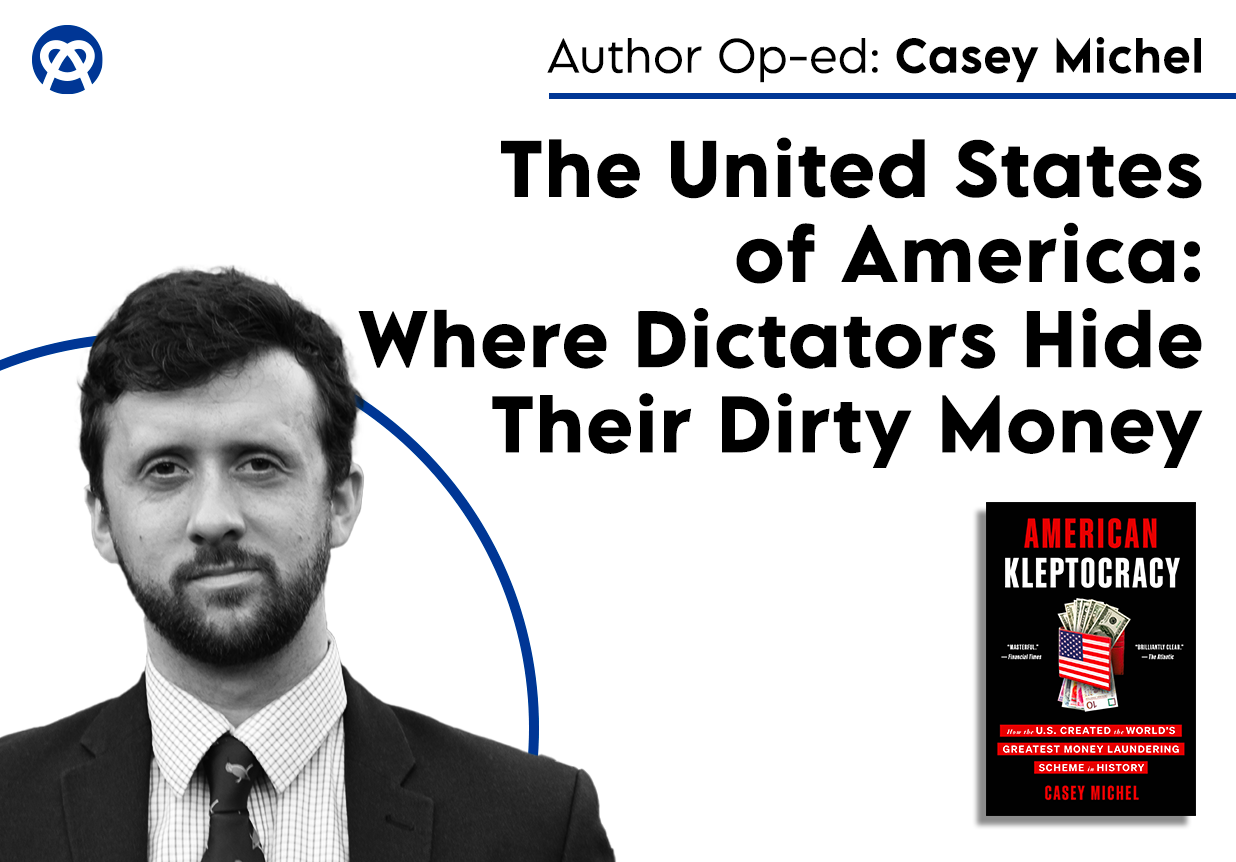
At this point, it’s well known that dictators around the world, from Russia to China to far beyond, rely on corrupt networks to keep themselves in power. What is less documented, however, is exactly where these dictators and their cronies turn to hide their money – and where they look to conceal all of the wealth they need to keep themselves in power.
Despots have looked in the past to traditional offshore jurisdictions, like Switzerland and the Cayman Islands. But in recent years, they have begun turning to a country that has transformed into the biggest offshore haven of them all: the United States of America.
At first blush, the realization that the U.S. is the world’s biggest offshore jurisdiction – the biggest source of the secrecy tools these dictators need to hide and launder billions of dollars, and potentially more – is jarring. After all, the U.S. claims to be leading the fight against corruption. And to be sure, the U.S. has seen high-level prosecution of corrupt networks, and even uses corruption as a reason for sanctioning these dictatorships. (Plus, given that the U.S. is obviously not an island, is it even fair to call it an offshore haven?)
All of that is true. But it’s also missing the forest for the trees. Because even while folks in Washington have spent years claiming the U.S. stands against corruption and kleptocracy, it’s also the U.S. that built up the world’s largest portfolio of financial secrecy tools – and provided all of the policies and protections kleptocrats around the world need to stash their cash in the U.S., without anyone being aware.
First, there’s the shell companies. Led by a small number of small states, including places like Delaware and Wyoming, the U.S. has claimed the crown as the king of shell company protections. And that has been a boon not only to dictators, but to cartel heads, wildlife poachers, climate destroyers, and more. All of these crooks and thieves have been able to turn to Delaware shell companies or Wyoming LLCs to hide their money, stripping any identifying information from the wealth, while still controlling it.
After they’ve set up their shell company in Wilmington or Cheyenne, these kleptocrats can then plow their dirty money into whichever industry they’d like. Not only can they mask their wealth – but now, they enjoy it all around the U.S., however they’d like.
Want to use your dirty money to buy some luxury property? No problem! Thanks to a decades-long loophole, American real estate doesn’t have to ask any questions about the source of anyone’s wealth – meaning that Russian oligarchs and Chinese officials and many more can purchase as many New York high-rises, Miami condos, or Malibu beachfronts as they’d want. Nor does it have to be luxury; thanks to that same loophole, oligarchs could also turn to small towns in places like West Virginia, Ohio, and Illinois to purchase any construct they want, from manufacturing plants to steel mills, gutting local economies in the process.
Or what about other investments? No worries! Thanks to that same loophole, anyone with a bit of dirty money can move their wealth into American private equity and hedge fund markets – which can then steer their anonymous money into any industry they please. Silicon Valley start-ups, local media outlets, research labs creating AI tools – whatever private equity and hedge fund industries touch, so, too, can this kleptocratic wealth, without any questions asked.
And don’t even get started on things like luxury goods or the art market. High-end cars, private jets, the most prestigious paintings and sculptures and auction houses in America – all of it is completely open to as many dictators as possible. (Unfortunately, this also includes the world’s biggest collection of Michael Jackson memorabilia, which is now housed not in Los Angeles, but in the tiny African dictatorship of Equatorial Guinea.)
Take it all together, and the picture is breathtaking. Places like Cyprus or the British Virgin Islands may be, quite literally, offshore finance centers. But the titan of this offshoring world is right here, in the United States. You could say it’s almost too big to see.
Thankfully, though, plenty of people – investigators and officials, researchers and academics, and many more – are finally seeing it. And, even better, they’re finally doing something about it, with a number of reforms across a range of sectors finally proposed.
But it’s still far too early to tell if these reforms – which should have been implemented decades ago – will have their intended impact. Because if they don’t, then the world’s biggest offshore haven – the one that’s here, onshore with the rest of us – will only keep growing, and keep sucking up more and more dirty money from around the world. And the dictators, along with the narco-traffickers and arms dealers and all of the other criminals around the world, will keep turning to the one country that provides all of their money laundering needs, right here in the U.S.
Learn more in American Kleptocracy: How the U.S. Created the World’s Greatest Money Laundering Scheme in History, now available in paperback.
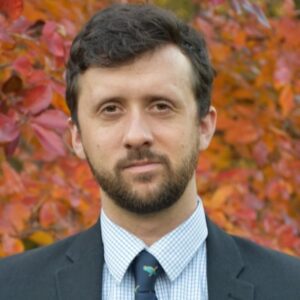
Casey Michel is an author, journalist, and director of the Combating Kleptocracy Program with the Human Rights Foundation. He is the author of American Kleptocracy, named by The Economist as one of the "best books to read to understand financial crime." His writing on offshoring, foreign lobbying, authoritarianism, and illicit wealth has appeared in Financial Times, The Wall Street Journal, The Atlantic, Foreign Affairs, and The Washington Post, among other outlets, and he has appeared on NPR, BBC, CNN, and MSNBC, among other stations. He has also testified in front of the Senate Judiciary Committee on the links between illicit financial networks and national security. He received his Master’s degree in Russian, Eurasian, and East European Studies from Columbia University’s Harriman Institute, and served as a Peace Corps Volunteer in northern Kazakhstan. Foreign Agents is his second book.
Photo Credit: Versha Sharma
